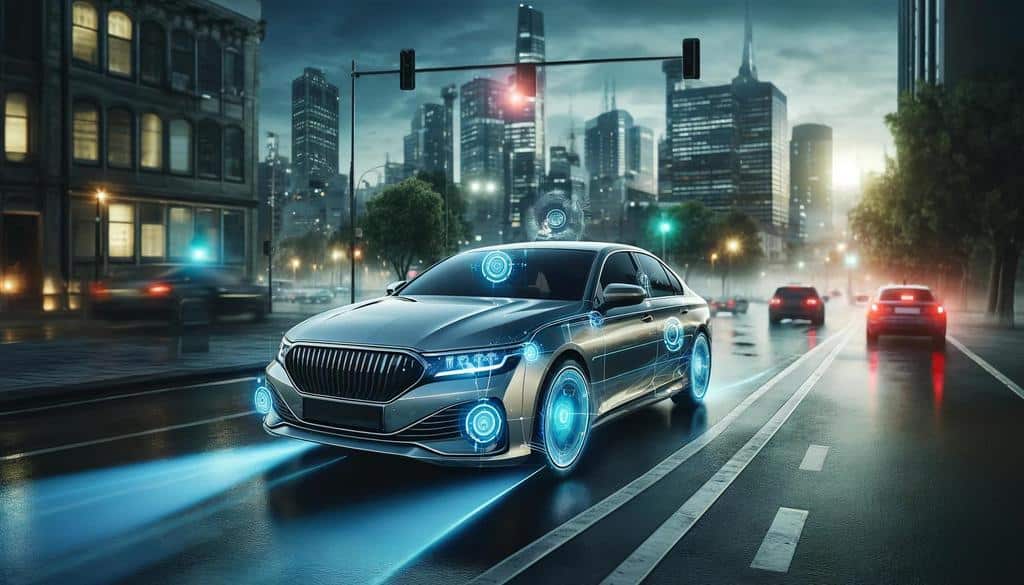Innovations in automotive technology have significantly enhanced vehicle safety and efficiency. Integrating innovative components has been central to these improvements, ensuring that driving is safer and more convenient than ever before. This integration also enables cars to adapt to the evolving demands of modern road conditions.
Among the most impactful innovations is the car detection sensor. These sensors are essential for ensuring various safety functions like collision avoidance, parking assistance, and adaptive cruise control operate effectively. Emphasizing the necessity of obtaining them from reputable sources underscores the importance of authenticity, optimal performance, and reliability, all crucial elements for upholding stringent safety norms in present-day vehicles. Vehicle Safety Through Proximity Awareness
Car detection sensors enhance vehicle safety by giving drivers vital proximity awareness. It alerts drivers to obstacles in blind spots and during complex maneuvers like parking. The ability to detect nearby vehicles and objects reduces the risk of collisions and can save lives.
Integrating advanced car detection sensors into vehicles facilitates smoother traffic flow and more efficient parking space management, especially in congested urban environments. This technology not only heightens safety but also contributes to a more seamless and stress-free driving experience.
Improving Traffic Flow and Reducing Congestion
Car detection devices contribute to smoother traffic flow by enabling more accurate and efficient vehicle spacing and speed adjustments. In congested traffic conditions, these detectors help maintain optimal distance between vehicles, reducing the likelihood of stop-and-go traffic, leading to inefficiencies and increased fuel consumption.
By providing real-time data to both drivers and automated systems, car detection sensors also enhance the adaptive capabilities of cruise control features, allowing for adjustments that account for the varying speeds of surrounding traffic. This aids in creating a more harmonious driving environment and lowers the overall stress levels experienced by drivers, promoting a safer journey. Optimizing Parking Space and Reducing Accidents
The role of car detection devices in optimizing parking is significant, especially in urban areas where space is at a premium. These instruments assist drivers by guiding vehicle positioning, which increases space utilization and minimizes the risk of parking-related accidents.
The precision these sensors offer alleviates the uncertainty and frustration that often accompany manual parking attempts in tight spots, making the process quicker and more efficient. This is particularly beneficial in high-traffic areas where parking errors can cause significant disruptions and delays.
Supporting Autonomous Driving Technologies
As autonomous driving technologies advance, car detection devices become increasingly critical in facilitating these innovations. They provide essential data that autonomous systems use to make decisions, from navigating traffic to adjusting to road conditions.
This continuous flow of accurate and timely information from car detection devices enables autonomous vehicles to adapt to unexpected obstacles or sudden changes in the driving environment, enhancing safety and reliability. Such capabilities are crucial as we move toward a future where cars are not only vehicles but also interconnected data platforms, opening new possibilities for smart mobility solutions.


